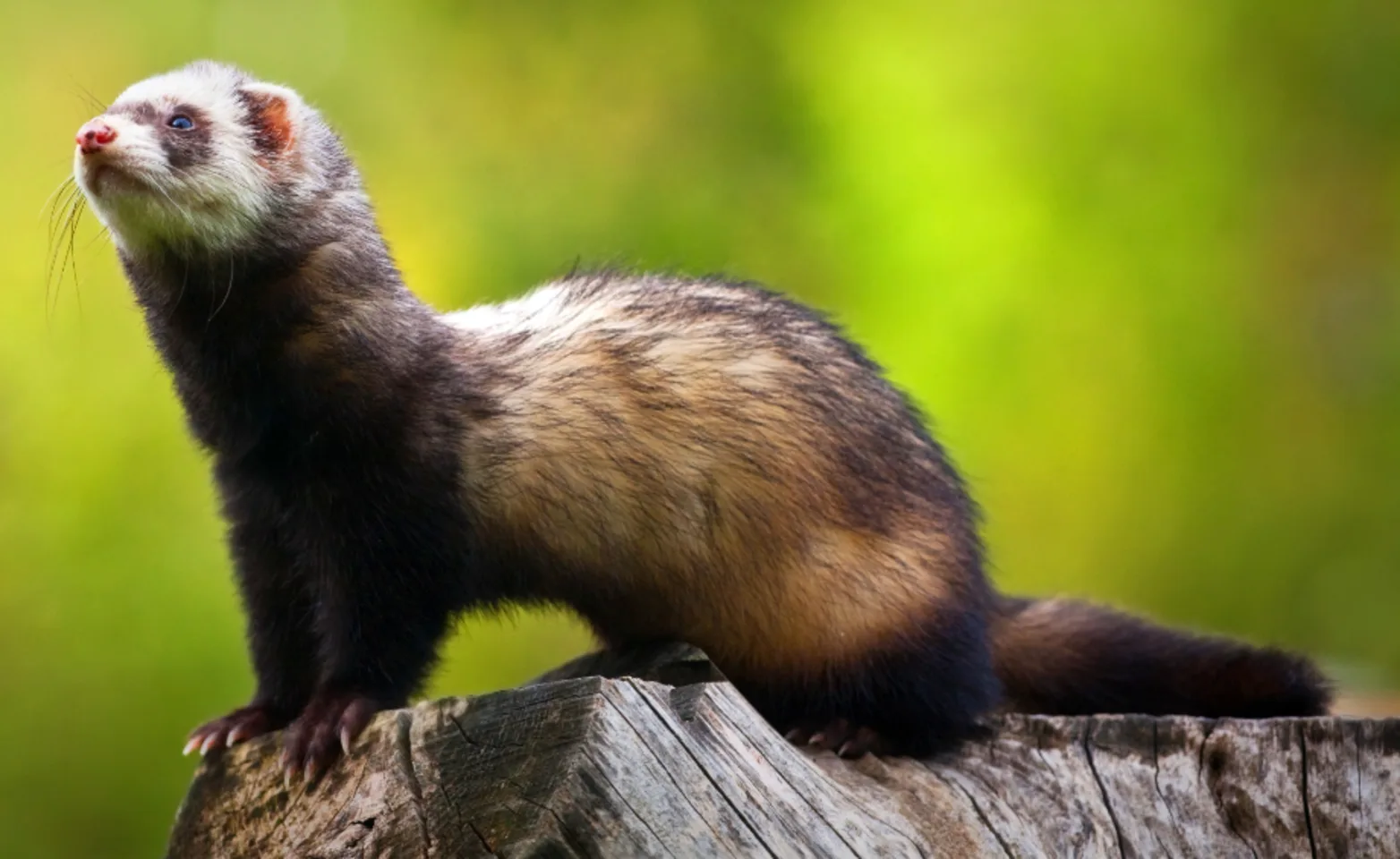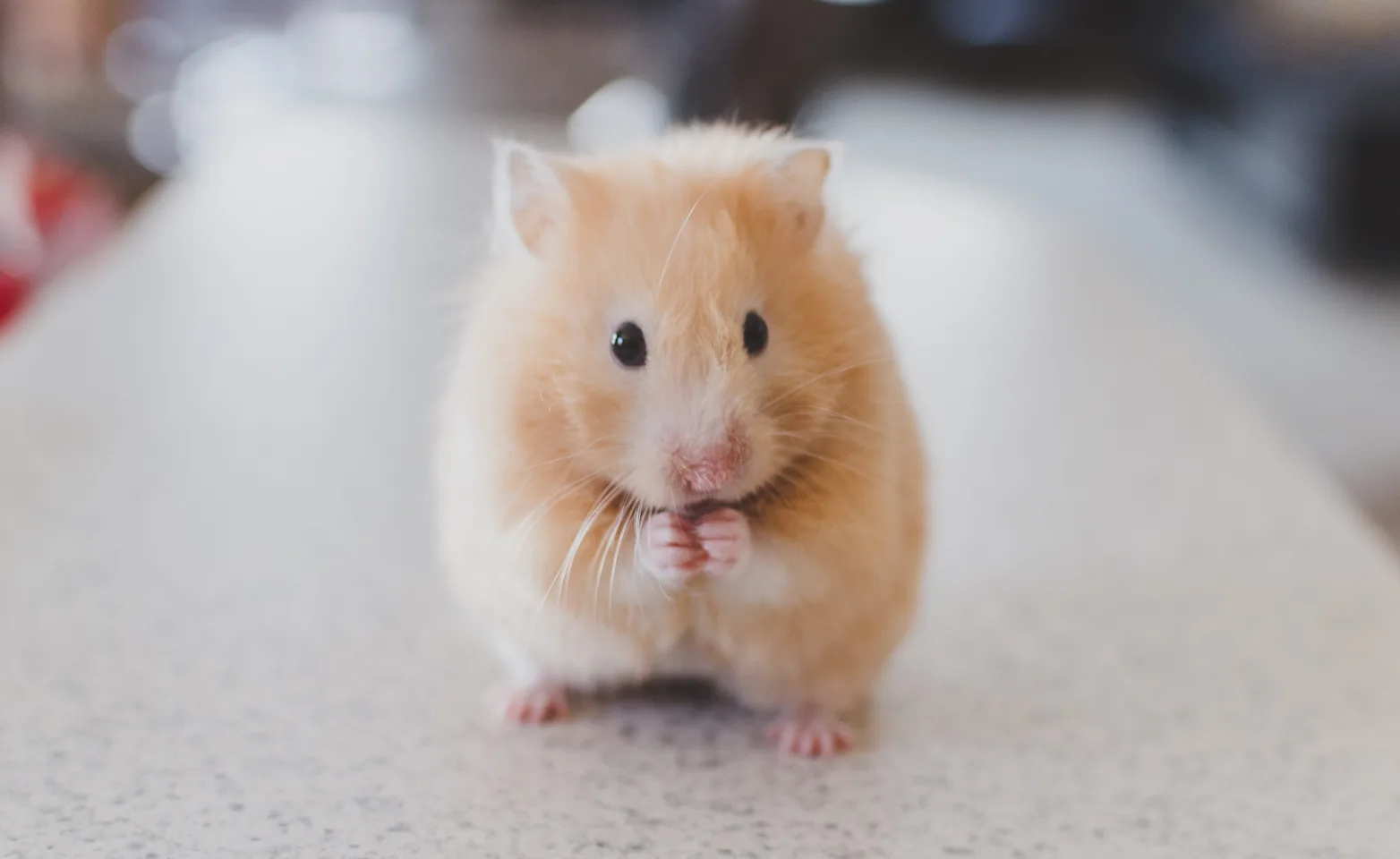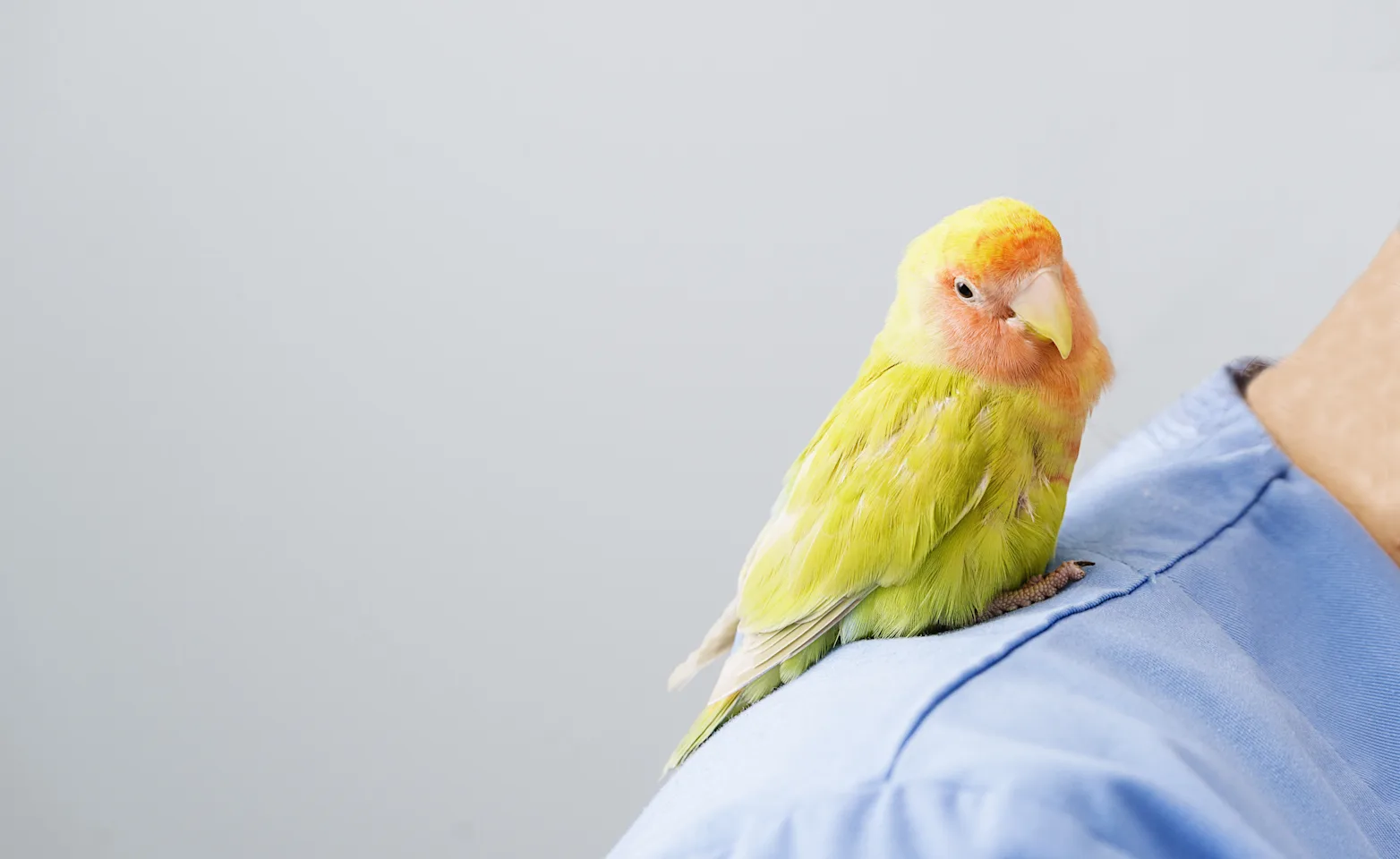New England Animal Medical Center Primary Care

What are Exotic Pets?
Exotic pets are simply non-traditional critters that include rodents (hamsters, guinea pigs, rats, and chinchillas), rabbits, reptiles, and birds. Each type of animal has special wellness needs for diet and husbandry, as well as special veterinary needs when they are ill or injured. At the New England Animal Medical Center Primary Care, we understand the deep bond that develops between you and your unique pet and we take the time to offer the best advice and treatment possible.

Rodents (Mice, Rabbits, Hamsters, etc.)
Hamsters, mice, and rats make excellent first pets but should be examined soon after obtaining to check for external parasites and other health issues. Rabbits, guinea pigs, and chinchillas also make excellent pets but have more complex dietary and health issues that need to be discussed. Female rabbits, for example, should be spayed to eliminate the high prevalence of reproductive tract cancers as they age. Rabbits are herbivorous animals that have special dietary requirements that must be met to prevent unnecessary (and sometimes fatal) consequences.

Avian Pets
For avian pets, we strongly recommend that you call to schedule a new bird examination. During this hour-long evaluation, your new pet will be examined by a veterinarian who will make specific recommendations regarding your bird’s diet and husbandry requirements. We will discuss the importance of diagnostic testing (and quarantine if you have other avian pets) prior to the new bird being introduced into your household.
